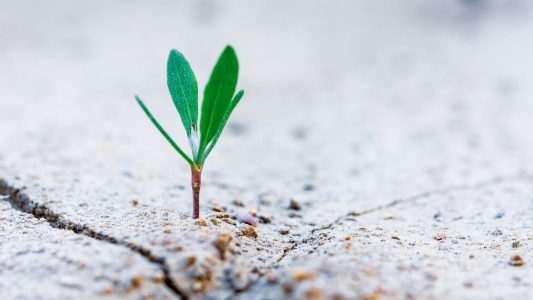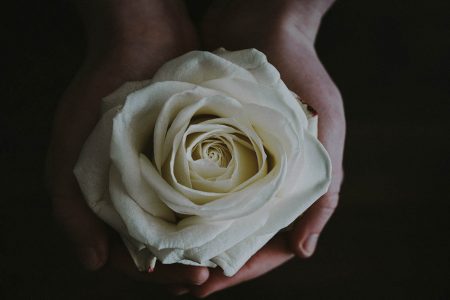
“Each night, when I go to sleep, I die. And the next morning, when I wake up, I am reborn.”
~Mahatma Gandhi
It surprises me how many people I talk to that have trouble sleeping or even take sleep medication on a regular basis. Then again, it shouldn’t because I found my way to yoga in my teen years when I had trouble falling asleep. Sleep is vital for overall well-being. It’s not surprising that if you aren’t sleeping well, you may have other health concerns.
Sleep is generally the body’s time to regenerate. According to Chinese Medicine, there are a few key organs involved in a healthy sleep cycle. First up is the Liver, which happens to also be the organ most involved in stress management. At night, blood returns to the Liver when the body is at rest for cleansing and nourishment. It’s also important to note that the time correlated with the Liver is 1-3am. This is a vital time to be sure you’re already in deep sleep to help your body de-stress from the previous day.
Another key organ involved is the Heart.
In Chinese Medicine, the Heart houses the mind. If the Heart is not nourished by enough blood and yin (think minerals and micronutrients), the mind becomes restless and it’s harder to sleep. There are a few other organs that can get involved, but for the sake of simplicity I’ll leave it at that for now. If you have any specific questions or concerns, send me an email!
So, what can you do to improve your sleep quality? Well, you can start by making sleep a priority and by being willing to change some lifestyle habits along the way. This is where I meet some resistance when working with people. Many people want to wake up feeling refreshed, yet they’re not that thrilled on the steps to get there.
If you’re up for it, here is what I recommend for setting yourself up for better sleep:
- Earlier bedtime (11pm latest) – This is important for decreasing stress hormones in the body and overall detoxification in the liver.
- Electronic sunset – Try shutting down all electronics (TV, laptop, phone, etc) an hour before going to bed. I realize this may not always be possible, but I really encourage it for those who really struggle with falling asleep easily.
- No late night meals or snacking – Try to not eat anything at least 2 hours before bed. If the digestive system is at work at night, it can disrupt sleep or even be related to nightmares (especially true for children).
- Natural Calm Magnesium Drink – This magnesium powder is easy to find online or at your local natural grocery store. You can simple add 1 teaspoon to water before bed. It’s a calming mineral and it also happens to be a good Liver blood tonic.
- Make sure there is not too much light getting into your bedroom at night – If you look around your bedroom at night and notice anything blinking or lights coming in from outside, try to either remove it or cover it up. This is a simple fix and can make a big difference for regulating melatonin and your sleep cycles.
- Essential Oils – You can apply a small amount of valerian or lavender (mixed with a base oil like coconut) to your shoulders, neck or the bottom of your feet before bed. Or you can place a few drops on a cotton ball and place it close to your pillow. Or you can diffuse it in the room.
- Yoga – Practice a few simple, calming yoga asanas before bedtime. I recommend a seated forward fold and a reclined twist followed by savasana. Take it slow and focus on long exhalations for deeper relaxation. See the photo below for a forward fold example where I approach it in a more passive manner, really allowing the body to settle.
It takes time to make these adjustments and to see results, especially if you’ve been dealing with insomnia for years. Try one thing at a time and give it at least one week to see if it works for you. If you’re already working with me, I may point out a few to really focus on incorporating.
If you’re not seeing any results with the above recommendations, it’s probably time to get some more individualized support. While stress is a major sleep disruptor, insomnia can also be related to many other conditions. Be sure to work with a qualified medical professional who can assess you holistically.
I didn’t include any Chinese herbs on this list, because it’s an individualized process. However, Chinese herbal medicine can be very effective for sleep disorders. Feel free to reach out to me if you’re ready to get help in this way.
Do you want to explore this topic more? Check out these sources:
How the Cycles of Light and Darkness Affect Your Health and Wellbeing – Dr. Mercola
The Dangers of Eating Late at Night – Jamie A. Koufman
Treatment of chronic insomnia with yoga: a preliminary study with sleep-wake diaries. – Brigham and Women’s Hospital





